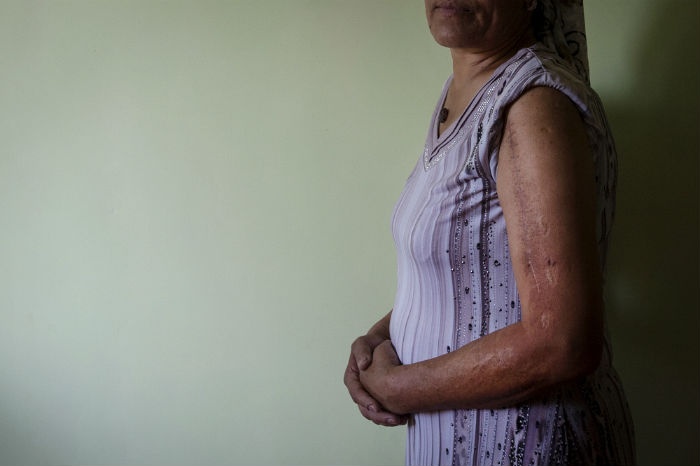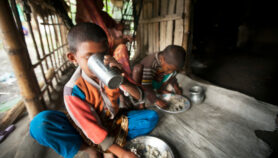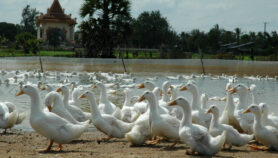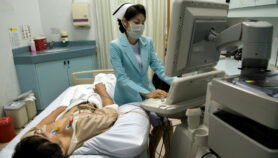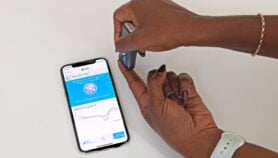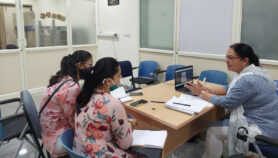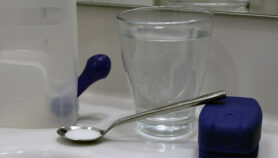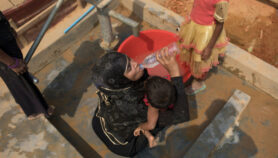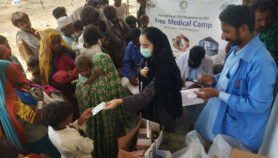By: Joel Adriano
Send to a friend
The details you provide on this page will not be used to send unsolicited email, and will not be sold to a 3rd party. See privacy policy.
[MANILA] The Philippines is ramping up efforts to develop a nationwide registry of rare diseases to provide better access to health care and assistance to sufferers.
“The scarcity of expertise and specialists means that many patients get diagnosis and medical care too late,” says Paulyn Ubial, Philippine health secretary.
She says those with rare diseases may only be a handful but endure physical stigma and mental stress from chronic conditions that may be life-threatening and costly to manage.
The scarcity of expertise and specialists means that many patients get diagnosis and medical care too late.
Paulyn Ubial, Philippine health secretary
As part of observances for International Rare Disease Day, which fell on 28 February this year, the department of health, the University of the Philippines National Institute of Health and the private sector led by the pharmaceutical firm Sanofi Pasteur are working on an initiative to identify, diagnose and document more cases of people with rare diseases. A technical working group will identify drugs, products and services that can be incorporated into the national health programme.
As of January this year, only 319 people accounting for 63 rare diseases are registered with the Philippine Society for Orphan Disorders Inc. (PSOD), a non-profit. The Philippines uses the term orphan diseases synonymously with rare diseases although countries like the US have distinct legal meaning for the two terms.
Definitions of rare disease also differ. In the Philippines, a disease is considered rare if it affects one in every 20,000 individuals. In the US, a disease is rare when it affects fewer than 200,000 while in Europe it is one in 2,000 individuals — which is the same as the WHO definition.
There are 5,000—8,000 rare diseases globally. In the Philippines, some of the identified rare diseases include lysosomal storage diseases, maple syrup urine disease and Rett syndrome which is sometimes misdiagnosed as autism or Down’s syndrome. About 80 per cent of rare diseases are of genetic origin that begin in childhood, with about 30 per cent of patients dying before the age of five.
Carmencita Padilla, chancellor of the University of the Philippines, Manila, and founding chair of PSOD says that the Philippines is adopting a strict “confidentiality clause” in the registry. Other countries have a more relaxed policy on disclosure as it is common for couples to ask for tests or data on diseases including on rare disorders before getting married. Non-disclosure sometimes can be used as grounds for divorce, though this is not valid in the Philippines.Both Padilla and Ubial say there is a need to train dieticians and nutritionists in hospitals (rare disease patients may have special dietary needs), train genetic counsellors and strengthen telemedicine and e-health.
The Philippines also needs to organise research to identify rare diseases prevalent in certain geographic areas or population clusters in the country with a view to devise suitable therapies.
This piece was produced by SciDev.Net’s Asia & Pacific desk.


